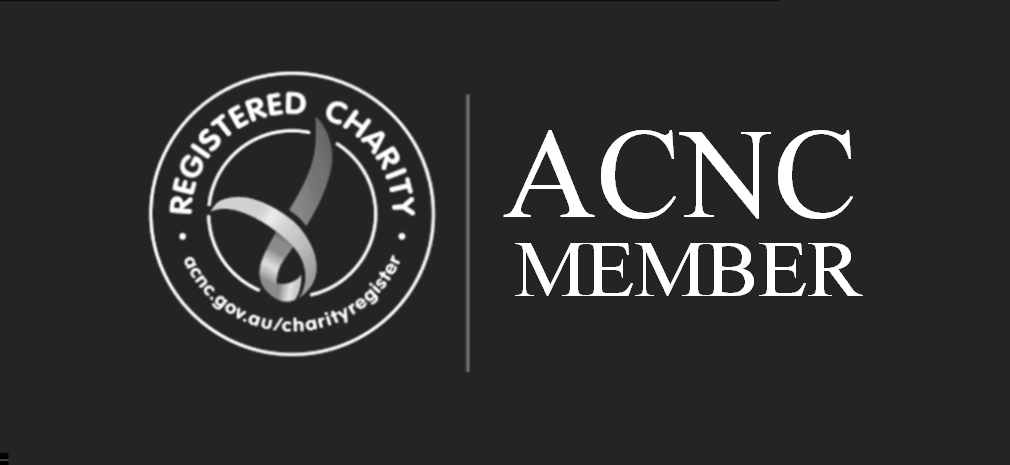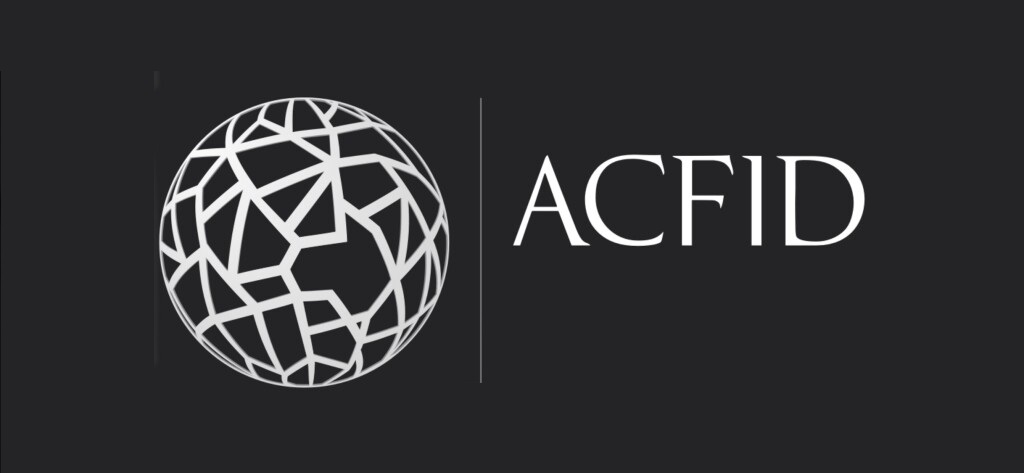.
The misappropriation of resources or misuse of power compromises our values and our accountability to all stakeholders.
Suggestions that DAISI is linked to corruption can be damaging to reputation – undermining the morale of staff and the trust and support of beneficiaries, partners, the wider public and donors. DAISI is keen to know any suggestion of corruption or fraud through its confidential corruption and fraud incident reporting form. Corruption also poses legal risks both for the organisation and individuals involved. We must act, and be seen to act, in a way that is honest and transparent.
This policy exists to reinforce DAISI’s commitment to an organizational culture in which corruption is unacceptable.
.
POLICY
- Corruption on the part of any DAISI employee, board member, officer bearer or volunteer (collectively “DAISI Persons”) or any third party (consultant, vendor, partners, etc.) in their engagement with DAISI entities, is prohibited.
- No DAISI Person, or any third party acting on behalf of DAISI or
dealing with DAISI, shall offer to pay a bribe, or pay a bribe, nor shall they solicit the payment of a bribe, or accept a bribe in conjunction with any aspect of DAISI’s activities. - Payments otherwise prohibited should be considered only if there is immediate threat to personal safety in which case the payment must be immediately reported to management and clearly identified in the accounting records as such.
- All DAISI entities will perform a corruption risk assessment to inform the development of a corruption aware workforce and foster an organizational culture in which corruption is never acceptable.
- All DAISI entities will ensure employees, board members, office bearers, volunteers, and third parties that engage with DAISI are made aware of its Anti- corruption Policy.
- All DAISI entities will implement a “whistleblower” policy and procedures to provide employees, board members, officer bearers, volunteers, and third parties with a mechanism to report evidence of misconduct, including corruption, and to encourage such reporting.
- All DAISI entities will develop a corruption response plan documenting how incidents will be investigated, reported and closed.
- Employees of DAISI who commit a corrupt act, fail to report knowledge of corruption or fail to manage the risk of corruption will be subject to disciplinary action up to and including termination of employment. Members of Boards and Office Bearers who fail to comply with this policy are subject to removal. Third parties who fail to comply with this policy will have their agreements and/or contracts with DAISI terminated. DAISI may also seek restitution or prosecution or other legal remedies.
- DAISI entities will immediately report all instances of suspected and actual corruption to the local governing board, where one exists (except in cases where the allegation is directed at that body), which is responsible and accountable for ensuring the incident is investigated appropriately. Also, all incidents of suspected and actual corruption will immediately be reported to the DAISI I Chief Executive Officer (CEO) ot Chairperson or his designee, who shall assess what other DAISI groups and or parties (e.g., funding entities) should be notified.
The Board delegates to the Chairperson the responsibility and authority to develop Partnership management policies as necessary to ensure the effective implementation of this policy.



